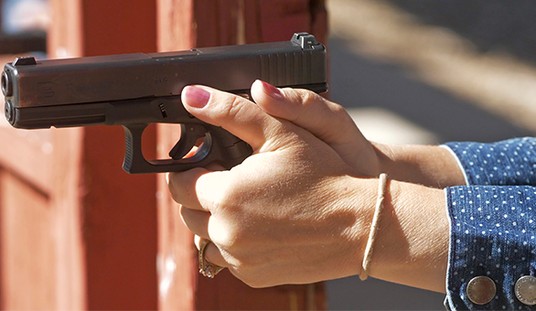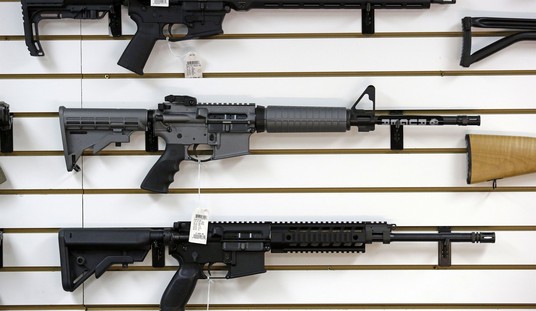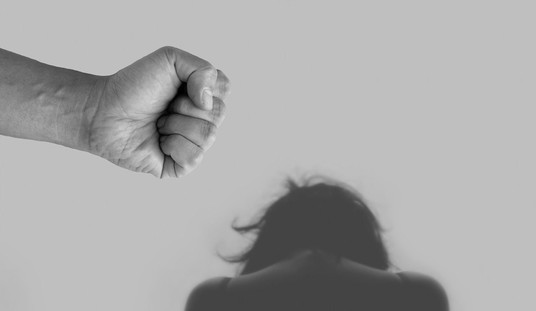Image via Pixabay
Ever since Parkland, the media have inundated us with stories about how high school students are mobilizing to fight for gun control. They’ve presented a picture that students in schools are overwhelmingly in favor of gun control and are tripping over themselves to battle the Second Amendment.
The problem is, I spoke with a group of high school seniors on Wednesday. In particular, I was asked to come and talk to them about the Second Amendment.
Allow me to set the stage for you. Let’s look at our perceptions and how a school in Albany, Georgia plays into it.
If you looked down the school’s halls, you might wonder how the school system gets away with segregation. It doesn’t, but it seems that way. Something like 90 percent of the student body is African-American (not an official number, just a guestimate based on my experience). A number of others are Hispanic. Whites probably account for less than one percent.
My son is one of those.
Now, minorities are a core demographic for Democrats, a political party that typically supports gun control. I figured there was a high likelihood I was walking into a situation where most of the students were in support of gun control. Granted, I know minority doesn’t necessarily equal Democrat, but I figured I’d prepare for what the odds said would happen.
I honestly didn’t know what would take place, but I was ready to deal with a lot of negativity. After all, the media have been telling us that high schoolers are anti-gun for some time, right?
My son mentioned that I was a Second Amendment writer, so the teacher wanted me to come in and talk about the subject. I had to applaud her for that. She met with me before class and was as warm and as friendly as you could ask for, a real testament to her profession, and seemed genuinely happy to have me there. It’s a far cry from the supposed educators who have come to me on social media to berate me and blame me for dead kids.
Once the talk started, I got into it. I admitted upfront that when it comes to the Second Amendment, I’m biased, that most people are biased even when they try not to be, but it helps to understand what a person’s biases are so that listeners can understand better.
Then I got into the meat and potatoes.
Did these students have preconceived notions about the Second Amendment? Probably. These were smart kids, which means they probably had some engagement with the world around them, and that means they’ve at least heard something one way or the other.
Did I dispell them? I don’t know, though I wasn’t trying to indoctrinate.
What I do know is that these kids, all but one a minority living in one of the “worst” communities to live in, listened intently. They asked a lot of good questions, and not just about the Second Amendment.
What didn’t happen was there was no barrage of student activists with their minds made up ready to berate the gun rights writer.
I suspect what I found were students who may or may not have known something about guns and the gun debate, but who at least acted open minded and ready to listen. I also suspect that, contrary to what the media tell us, there are a fairly low number of gun control activists in our schools.
Those who are are just loud, and the media’s own biases demand the news “boost the signal.”
Most students today aren’t all that different than they were in my day. They want to hang out with their friends, have fun, and maybe try to figure out life along the way. They’re not budding activists. They’re not followers of Emma Gonzalez or David Hogg. They’re not interested in swarming to Eric Swalwell’s campaign.
They’re high school kids who want to learn, to try and understand, and who are more than willing to treat people with respect.
It’s very different than what we see on the news, and while I don’t generally trust the media, it’s hard not to get infected with a slanted view.
Of course, my sample size is pretty small. It was just one class, after all.
But it also restored my hope in the future. Teens are still teens, and while there might be significant generational differences between them and teens in my day, they’re still teens. They’re not all political. They’re not all demanding safe spaces or protesting against speakers who refuse to share their views.
A lot of them want to hear the other side of the coin. They wanted to learn new things and were okay with someone who may or may not share their views.
It’s a good thing for all of us to remember that what the media shows aren’t the majority of teens. It’s the loud minority of them.








Join the conversation as a VIP Member